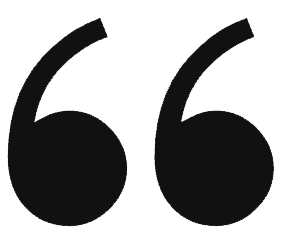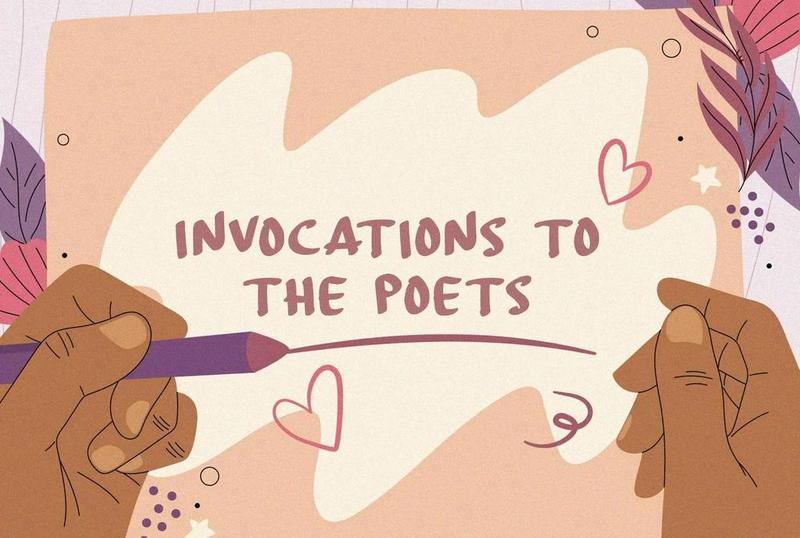Night Music
•
March 15 2019
In Review: The Sea That Beckoned
The Sea That Beckoned by Angela Gabrielle Fabunan. Platypus Press (2019, 48 pages). $13, paperback.
Angela Gabrielle Fabunan’s debut, The Sea That Beckoned, is a meditation—no, that’s too sedate—a fixation on the many ways one (especially one who migrates) looks for home—in the place one was born, in a new land, in memory, in language, in each other—and the many ways it is lost. But more than that, this is a book about the self, and how conceptions of home define, complicate, or even threaten t
















